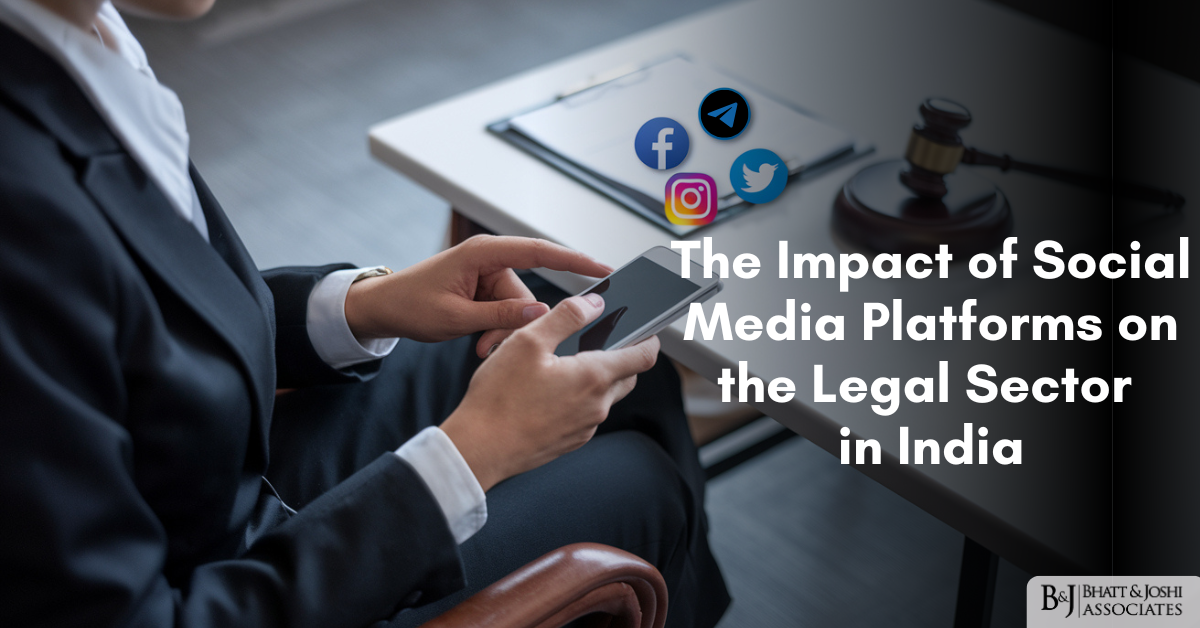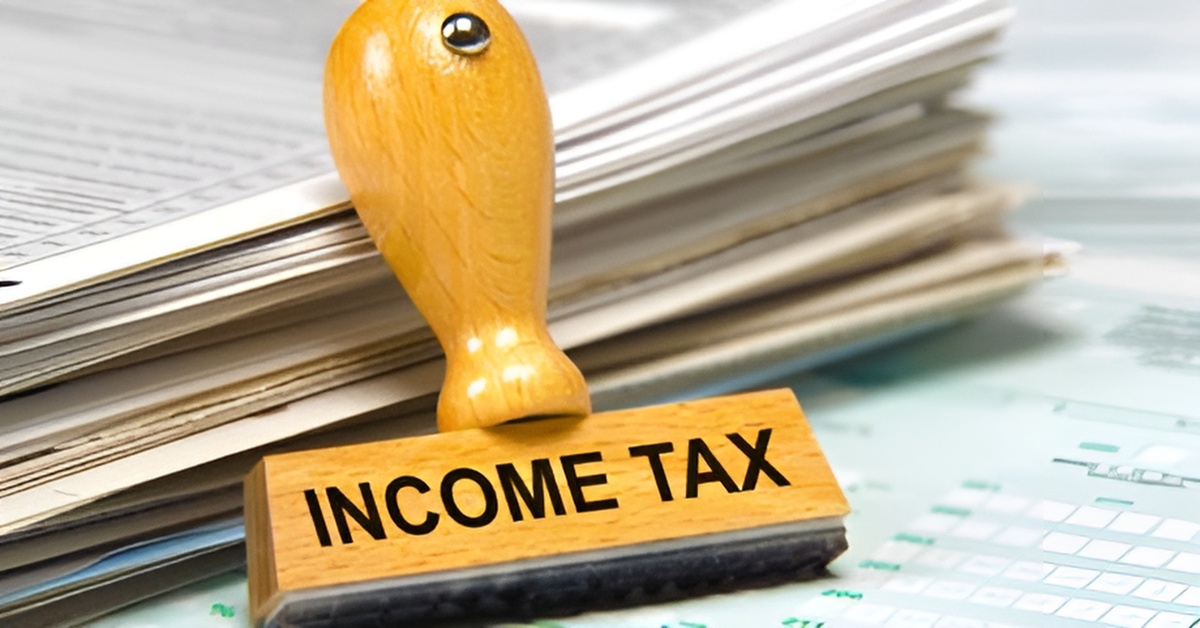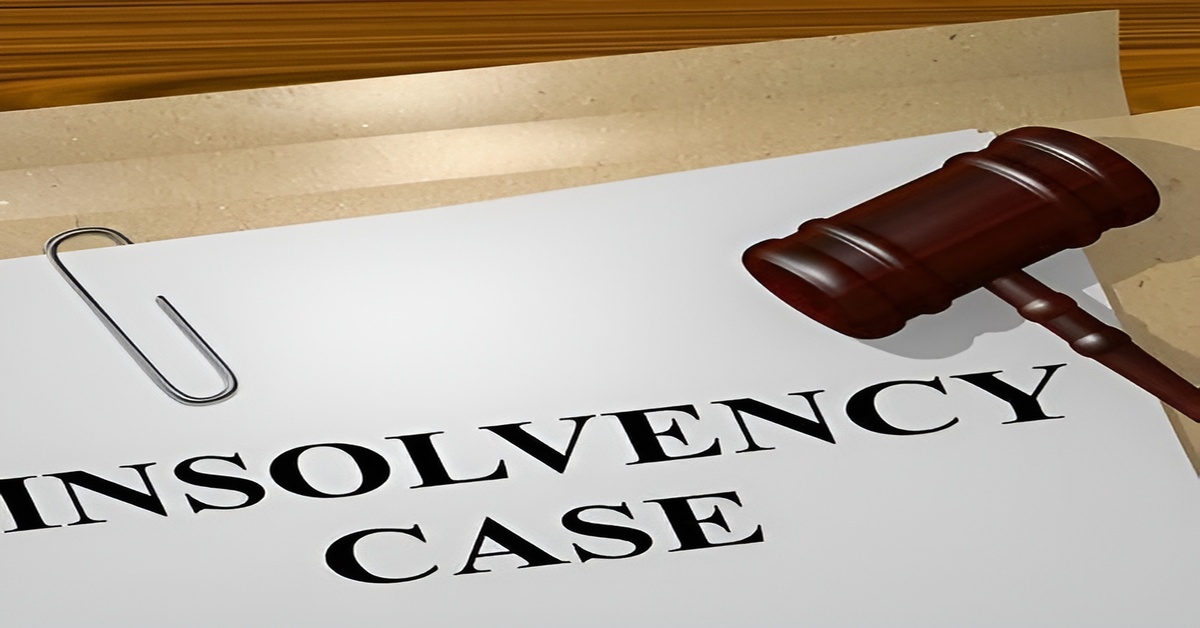Introduction
The rise of social media platforms has redefined communication, collaboration, and information sharing across all walks of life. In India, this digital evolution has brought about significant shifts in the legal landscape, affecting individuals, businesses, and institutions alike. While social media offers unparalleled connectivity and a platform for free expression, it also raises critical legal concerns surrounding copyright infringement, privacy breaches, and regulatory compliance under existing laws. This article delves into the multifaceted impact of social media on India’s legal sector, exploring key challenges and the legal framework addressing them.
Copyright and Intellectual Property Issues
Social media platforms thrive on user-generated content, making them a hotspot for copyright violations and intellectual property rights (IPR) disputes. The unauthorized sharing, reproduction, and distribution of copyrighted material have become pervasive concerns.
Legal Framework
- Copyright Act, 1957
Section 51: Defines copyright infringement, including unauthorized sharing or reproduction of protected content.
Section 63: Prescribes penalties for infringement, which may include imprisonment and fines.
- Notable Case Law
Super Cassettes Industries Ltd. v. MySpace Inc.: The Delhi High Court highlighted the need for social media platforms to adopt robust monitoring mechanisms to prevent copyright infringement.
Implications
Content creators, artists, and businesses must be vigilant about protecting their intellectual property on social media. Platforms, too, bear a responsibility to ensure compliance with copyright laws by implementing proactive measures.
Privacy Concerns
With the proliferation of social media, concerns about data privacy and misuse have intensified. Users frequently share sensitive personal information, exposing themselves to risks of data breaches and unauthorized exploitation.
Legal Safeguards
- Information Technology (Reasonable Security Practices and Procedures and Sensitive Personal Data or Information) Rules, 2011
Mandates platforms to protect sensitive personal data under the IT Act.
- Key Provisions of the IT Act, 2000
Section 43A: Holds companies liable for negligence in implementing reasonable security practices.
Section 72: Penalizes unauthorized disclosure of personal information.
Challenges and Risks
Despite these provisions, ensuring robust data protection mechanisms remains a challenge. The legal sector must grapple with balancing innovation and user convenience with stringent privacy safeguards.
Regulation of Online Speech and Defamation
Social media enables free expression but also amplifies risks such as defamation, hate speech, and misinformation. The legal framework attempts to regulate this while upholding freedom of speech.
Relevant Legal Provisions
- Section 66A of the IT Act, 2000
Struck down in Shreya Singhal v. Union of India for curbing online speech arbitrarily.
- Indian Penal Code (IPC)
Sections 499 and 500: Address criminal defamation, a common issue in social media disputes.
Balancing Act
While online platforms empower individuals to voice opinions, ensuring responsible usage is critical to prevent legal disputes and harm to reputations.
The Role of Intermediaries
Social media platforms function as intermediaries, hosting user-generated content. Their liability and obligations are defined under the law.
Legal Framework for Intermediaries
- Section 79 of the IT Act, 2000
Grants safe harbor protection, exempting intermediaries from liability for third-party content, provided they comply with due diligence requirements.
- IT (Intermediary Guidelines and Digital Media Ethics Code) Rules, 2021
Mandates platforms to implement grievance redressal mechanisms, appoint compliance officers, and remove unlawful content promptly.
Implications for Platforms
These provisions ensure that intermediaries maintain accountability while fostering a safe and lawful online environment.
Social Media and Litigation
Social media has become a valuable source of digital evidence in legal proceedings. Posts, messages, and multimedia are increasingly presented as admissible evidence in courts.
Legal Recognition of Electronic Evidence
- Indian Evidence Act, 1872
Sections 65A and 65B: Permit electronic records as evidence, subject to proper certification.
- Notable Case Law
Shafhi Mohammad v. State of Himachal Pradesh: Clarified certification requirements for electronic evidence.
Impact on Litigation
Social media evidence has transformed legal strategies, allowing for more comprehensive fact-finding in disputes ranging from criminal cases to defamation lawsuits.
Conclusion: The Legal Impact of Social Media in India
Social media platforms have undoubtedly revolutionized communication and interaction in India. However, their widespread use comes with significant legal implications, necessitating a robust legal framework to address issues like copyright infringement, privacy breaches, and regulatory compliance. The impact of social media platforms on the legal sector in India is profound, requiring individuals, businesses, and legal professionals to understand the interplay between social media and the law. By fostering awareness and adhering to legal norms, stakeholders can leverage the potential of social media responsibly while mitigating associated risks. As the legal sector continues to evolve alongside technological advancements, the balance between innovation and the protection of fundamental rights will remain a cornerstone of this dynamic relationship.













